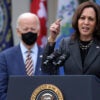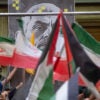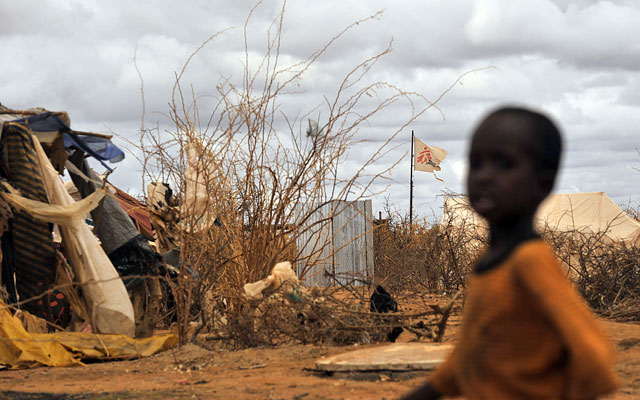Violent attacks against humanitarian aid workers in Somalia—and tolerance of the violence by Somali civilian leadership—is forcing Doctors Without Borders (Médecins Sans Frontières—MSF) to end its programs in the country.
MSF has been serving continuously on a medical humanitarian mission in Somalia for over 22 years enduring tremendously high levels of risk in order to provide vital services to many Somalis who would otherwise receive no care. MSF is renowned for providing care to those most vulnerable in war-torn and failed states, often operating in areas deemed too dangerous for the United Nations and international organizations to operate. In 2012, MSF provided over half a million medical consultations in Somalia.
MSF is not naive about operating in high-risk environments, even operating in Afghanistan at the height of the violence and continuing to provide medical care in Afghanistan despite a high-security environment. Thus, MSF’s departure from Somalia highlights just how unstable the country is despite the presence of the African Union Peacekeeping Mission (AMISOM) and the country’s return to civilian leadership in September 2012 under assembly-appointed President Hassan Sheikh Mohamud.
While MSF’s reasons for closing its programs in Somalia included threats posed by armed groups like the al-Qaeda-linked al-Shabaab, the last straw is reported to have been when MSF “discovered that some of Somalia’s official authorities were supporting or condoning the lethal attacks on its aid workers.”
MSF’s exit from Somalia due to the security concerns contradicts the public image perpetuated by the Western media. A benign perception has been carefully crafted by the country’s president and Western governments, claiming improved security and an “economic renaissance” despite the realities on the ground.
Despite positive reports, security in the country has deteriorated substantially in the past few months; al-Shabaab attacked the U.N. headquarters in June and a Turkish diplomatic post in July, and re-occupied the Somali border town of Hudur after the Ethiopian withdrawal in March.
The increasing frequency of attacks by al-Shabaab and the willingness of the Somali government to tolerate attacks on humanitarian aid organizations that are dedicated to serving vulnerable Somalis requires a reality check on governing priorities in Somalia. Due to growing instability, other groups are unlikely to replace the critical medical services that MSF provided to Somalis.

























